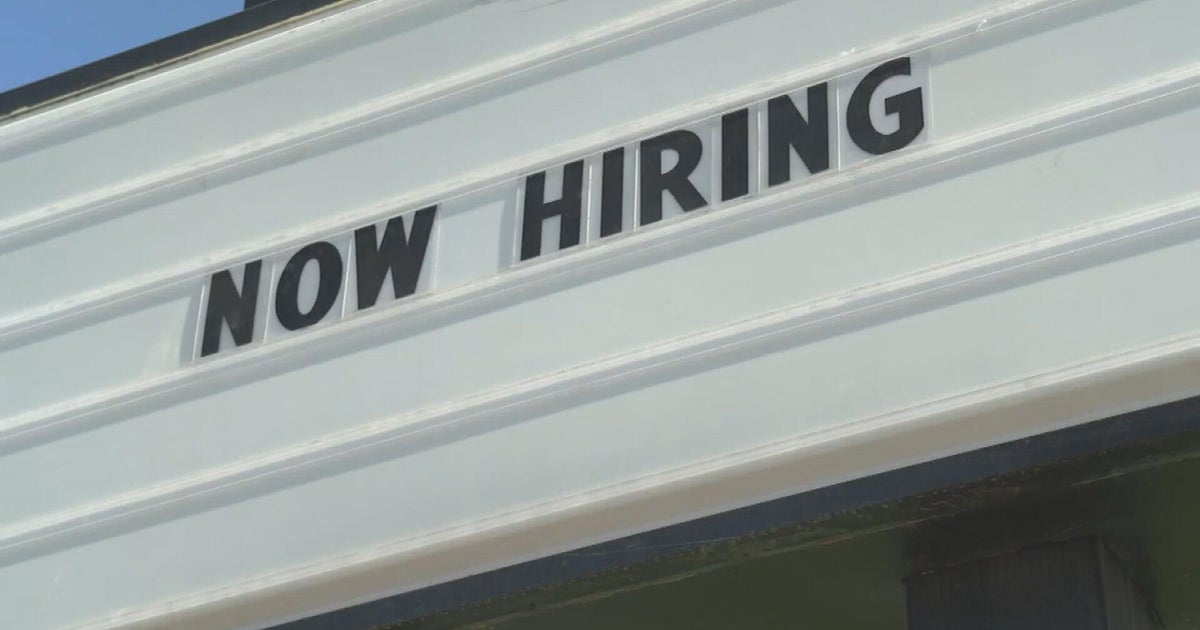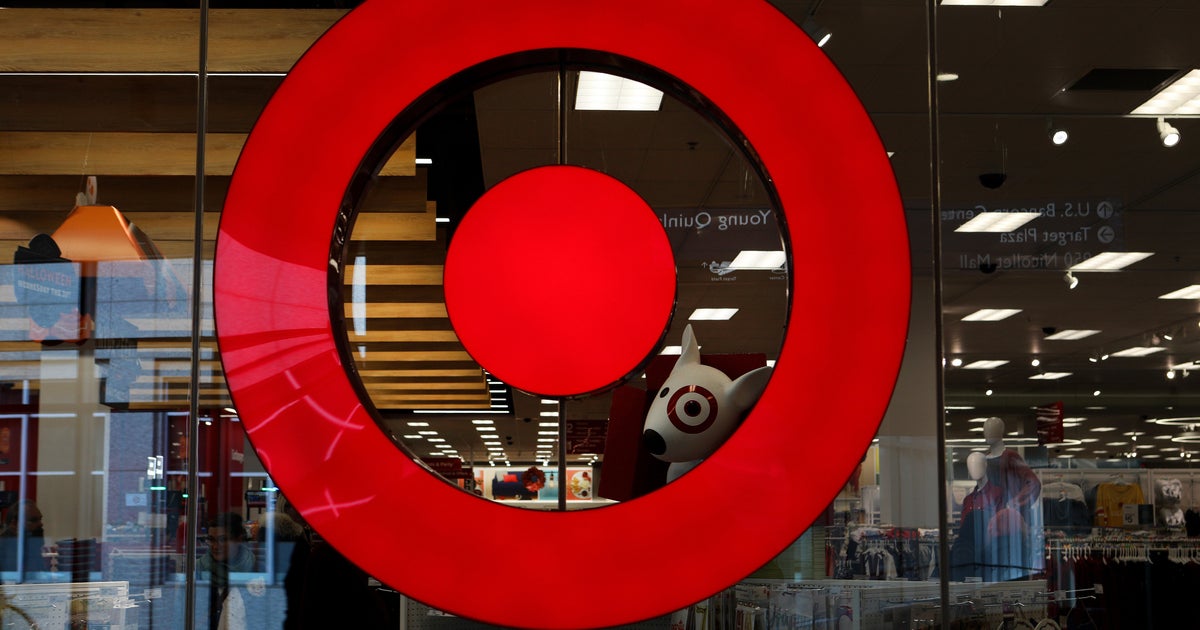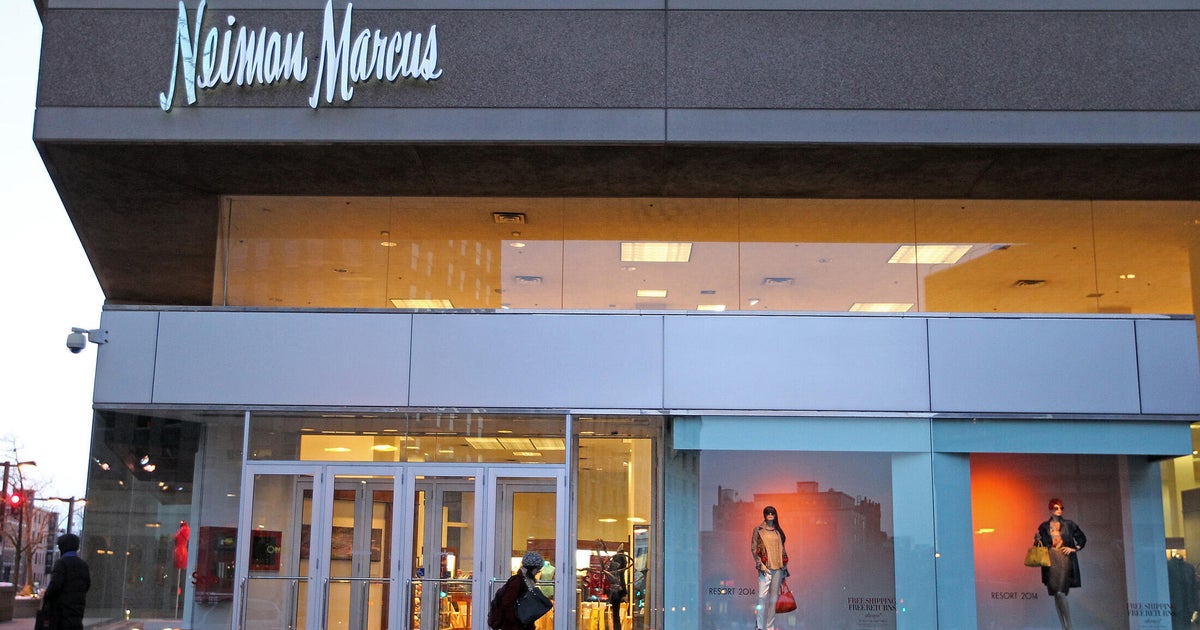Stocks close lower on Wall Street, adding to Friday's steep losses
Stocks closed lower on Wall Street, following a steep drop last week as traders realized how determined the Federal Reserve is to keep interest rates high to fight inflation.
The S&P 500 gave back 27 points, or 0.7% Monday, closing at 4,030. Technology companies were the biggest drag on the index. The Nasdaq fell 1% and the Dow Jones Industrial Average lost 0.6%. This week investors will get more updates on the economy including the government's monthly jobs report on Friday and a reading on consumer confidence Tuesday from the Conference Board. Treasury yields were higher.
The message from Federal Reserve Chair Jerome Powell in a speech Friday had been expected, though some hoped it would be less emphatic. Powell acknowledged the rate increases will hurt U.S. households and businesses, in perhaps an unspoken nod to risk of a recession. But he also said the pain would be far greater if inflation were allowed to run hot and that "we must keep at it until the job is done."
"The market apparently was looking for something a little more neutral. After all the talk of a 'pause' and 'pivot,' none of which ever made any sense with a Fed that has said several times it will keep hiking rates even if it means some economic pain, we are back to square one with a Fed outlook to keep tightening," said Clifford Bennett, chief economist at ACY Securities.
"The Fed was always going to keep raising rates aggressively, but the market decided to price in a slowing in hikes, and even a reversal."
Also weighing on regional sentiments are Chinese economic data over the weekend, which seem to indicate a strong recovery will take time. China's January-July industrial profits sank 1.1% from a year ago amid fresh COVID-19 restrictions.
Powell spoke last week at an annual economic symposium in Jackson Hole, Wyoming, that has been the setting for market-moving Fed speeches in the past.
Fed vows to "keep at it"
He said the Fed will likely need to keep interest rates high enough to slow the economy "for some time" in order to beat back the high inflation sweeping the country. The Fed has already hiked its key overnight interest rate four times this year in hopes of slowing the worst inflation in decades. While higher rates help corral inflation, they also hurt asset prices.
In energy trading, benchmark U.S. crude rose 13 cents to $93.19 a barrel. Brent crude, the international standard, added 11 cents to $99.12 a barrel.







